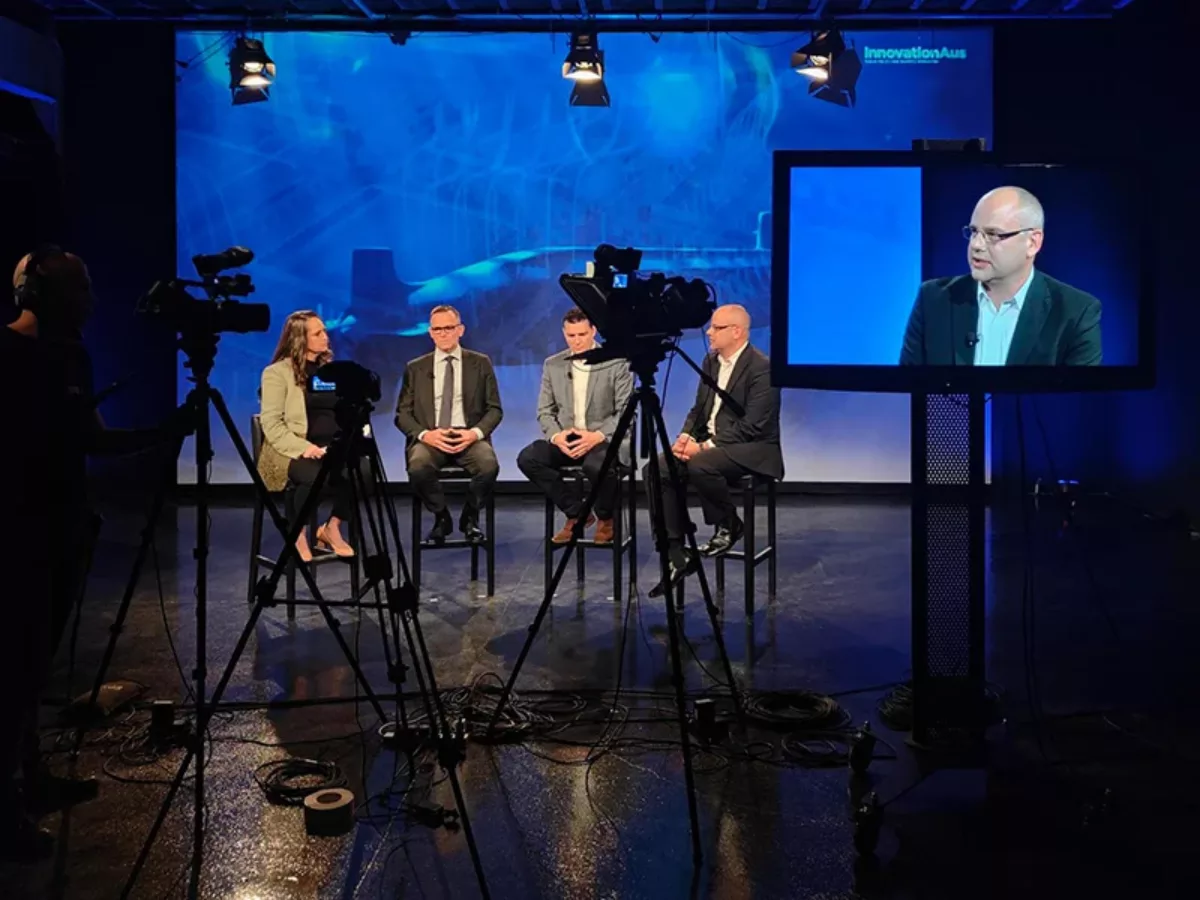R&D tax incentive is ‘counterintuitive to innovation’

By Joseph Brookes
The government’s research and development tax incentive is “counterintuitive” to innovation because it fails to focus work into Australia’s areas of strength and provides support only after the work is completed, according Advanced Manufacturing Growth Centre head Dr Jens Goennemann.
Speaking at a Capability event this week organised by InnovationAus, Dr Goennemann called for a less “egalitarian” approach to the scheme, with incentives focused on defined areas of national interest and awarded ahead of R&D rather than as a tax subsidy.
The research and development tax incentive (RDTI) encourages Australian businesses to innovate by providing a tax offset for their R&D work, under the theory the companies might not otherwise conduct it due to risk or uncertain returns.
The subsidy is based on the size of the company and the intensity of their R&D, and is awarded as an offset to their tax bill up to 18.5 percentage points above the claimant’s company tax rate.
Small changes to the RDTI were introduced this financial year after the Coalition government walked back its planned $1.8 billion cut to the scheme. Larger reforms are expected next year when legislation underpinning the popular program sunsets in April 2022.
On Tuesday, Dr Goennemann described the scheme as “counterintuitive” to Australian innovation.
“R&D tax incentives are counterintuitive to innovation because they don’t focus. You get an R&D tax incentive for [almost any] innovation,” he said.
“But the nation needs to decide what are the areas of our strength. We can’t do everything a little bit, we need to focus.”
Dr Goennemann also questioned the “additionality” of the scheme, which reduces tax bills rather than directly funding R&D.
“Would the innovation have happened otherwise anyway? I I think the money can be spent in a sharper way, in a more focused way counterintuitive to our egalitarian society that everybody should get a little bit,” he said.
“We need to focus and we need to scale. And that, I think, will do the trick.”
Dr Goennemann is the managing director of the Advanced Manufacturing Growth Centre (AMGC), a government funded project representing over 47,000 Australian manufacturers and tasked with driving innovation, productivity and competitiveness across the local industry.
The growth centre head said scale remains a big challenge for local manufacturers, 85 per cent of which employ less than 20 people, and Australia as a nation, making focused policies more important.
“If we try to do everything a little bit, we achieve nothing. And that’s the idea of the growth centres — to say they are areas of particular strengths.
“This is [also] the idea of National Manufacturing priorities — we say focus on these areas of strengths and back continue doing that, we will punch above our weight in the areas where it really matters.”
The RDTI scheme has also been criticised for its unsuitability to tech companies, with calls for an additional software specific program.
This story first appeared in InnovationAus.
Picture: Corrie McLeod, Jens Goennemann, Rob Le Busque, and Adrian Beer
Subscribe to our free @AuManufacturing newsletter here.
Topics Manufacturing News
@aumanufacturing Sections
Analysis and Commentary Awards casino reviews Defence Gambling Manufacturing News Online Casino Podcast Technology Videos





